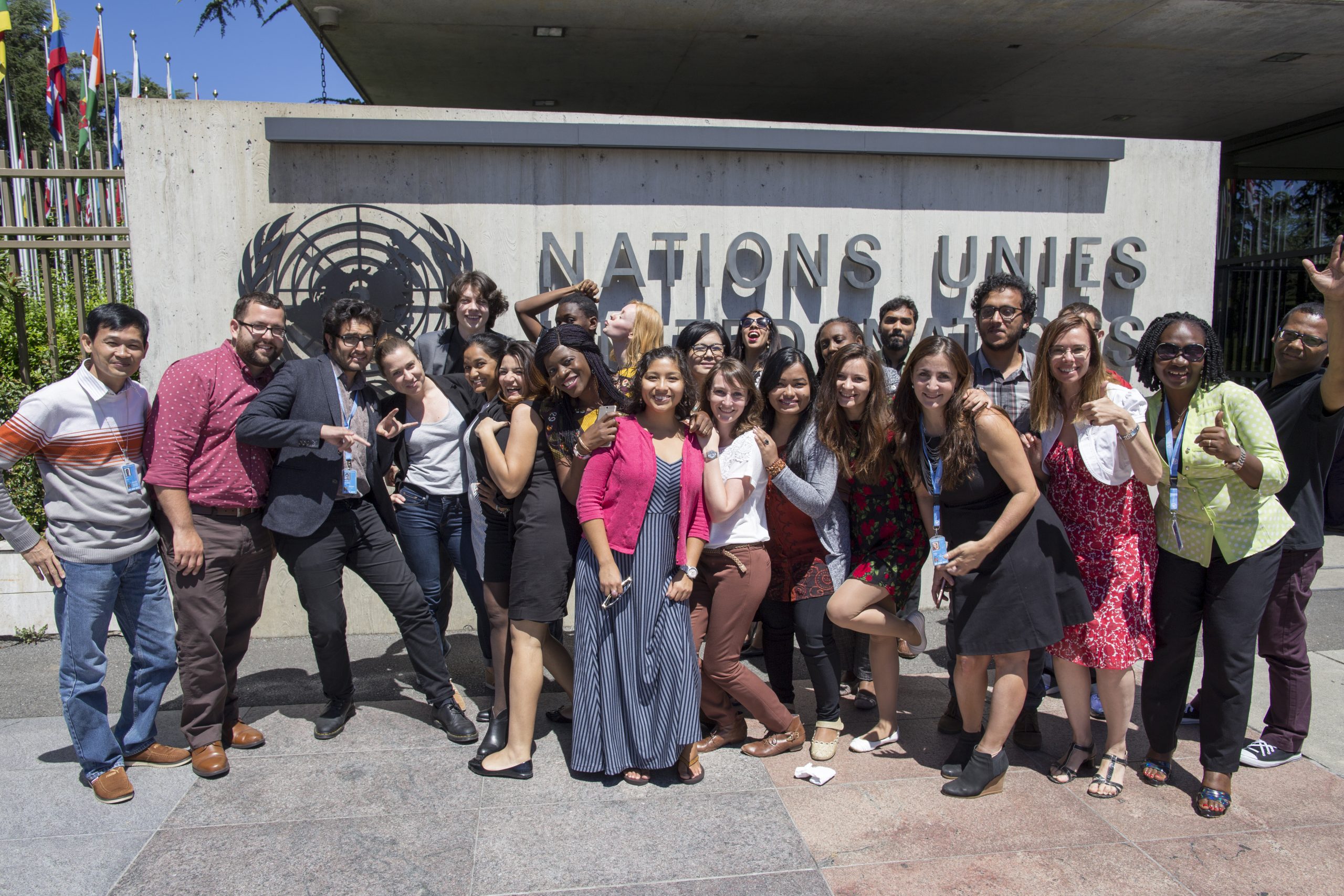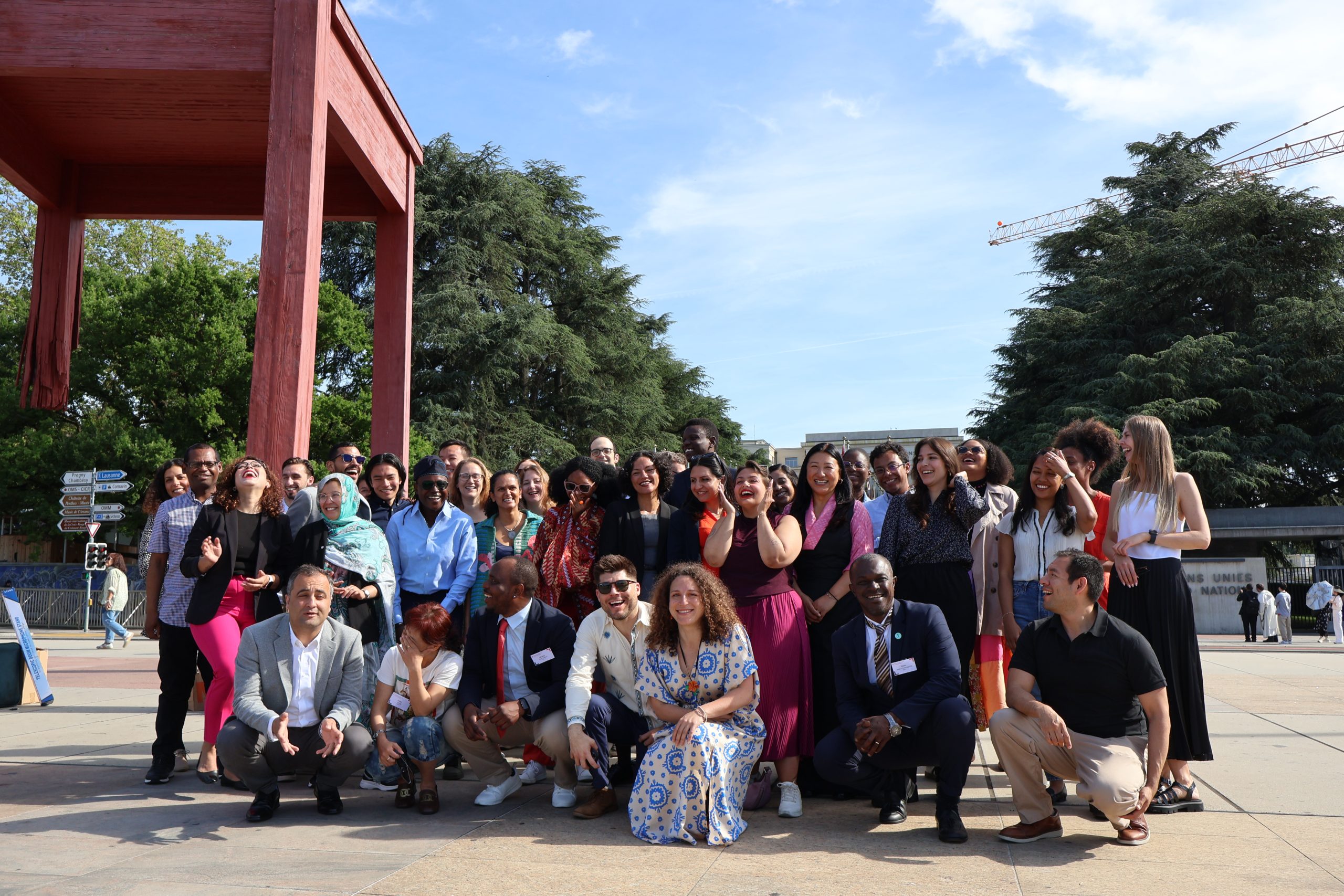On Monday 11 June 2018, ISHR will open the 2018 edition of its Human Rights Defender Advocacy Programme (HRDAP). The programme equips defenders with the knowledge and skills to make strategic use of the international human rights system. It provides an opportunity for participants to directly engage in lobbying and advocacy activities at the UN level to effect change on the ground back home, with defenders able to rely on the ISHR team for tailored advocacy support for a year and beyond.
ISHR’s Training and Advocacy Support Manager, Helen Nolan, explains that this year’s HRDAP participants were selected from a pool of around 200 applicants – resulting in an extremely tough selection process.
‘We’re incredibly excited to be collaborating with 14 committed human rights defenders working on women’s rights, business and human rights, the rights of LGBTI persons, migrant rights and human rights defender protection,’ said Nolan.
‘They are travelling from around the globe – including Australia, Bahamas, Botswana, Indonesia, Malaysia, Mexico, Myanmar, Namibia, Nepal, Philippines, Peru, Russia and Tanzania – to spend two highly intense weeks gaining practical advocacy experience in Geneva and developing their network in order to become even more effective locally ,’ added Nolan.
HRDAP coincides with the 38th Session of the Human Rights Council, and well as receiving training modules on all the UN human rights mechanisms from a range of experts, participants will have the opportunity to build networks in Geneva and around the world, carry out lobbying of UN member States and UN staff, and learn from peers from a range of regions working on a range of human rights issues.
‘Crucially, we know the programme works,’ said Nolan. ‘Last year, 100% of our participants were either very satisfied or satisfied with the programme, feeling they would use what they learnt in their day-to-day work at home.’
In 2017, HRDAP enabled:
- Defenders from around the globe to shine a light on the risks faced by LGBTI rights defenders in the first ever civil society statement to the Independent Expert on sexual orientation and gender identity at the Human Rights Council
- Women human rights defenders to sound the alarm at the Human Rights Council about countries using concepts of the ‘traditional’ family to excuse violations of human rights
- Corporate accountability defenders from Cambodia, Ecuador, Peru and Russia to help shape the Special Rapporteur on human rights defenders’s report on business & human rights
- Activists from Nigeria and Russia to address the UN High Commissioner for Human Rights on the issue of fake civil society actors and challenges faced by human rights defenders
‘Our training alumni become our partners. We’ve seen the long-term impact of this programme, and so we’re looking forward to seeing not just what our trainees achieve during the two weeks, but how we can work together beyond HRDAP to achieve change on the ground.’




